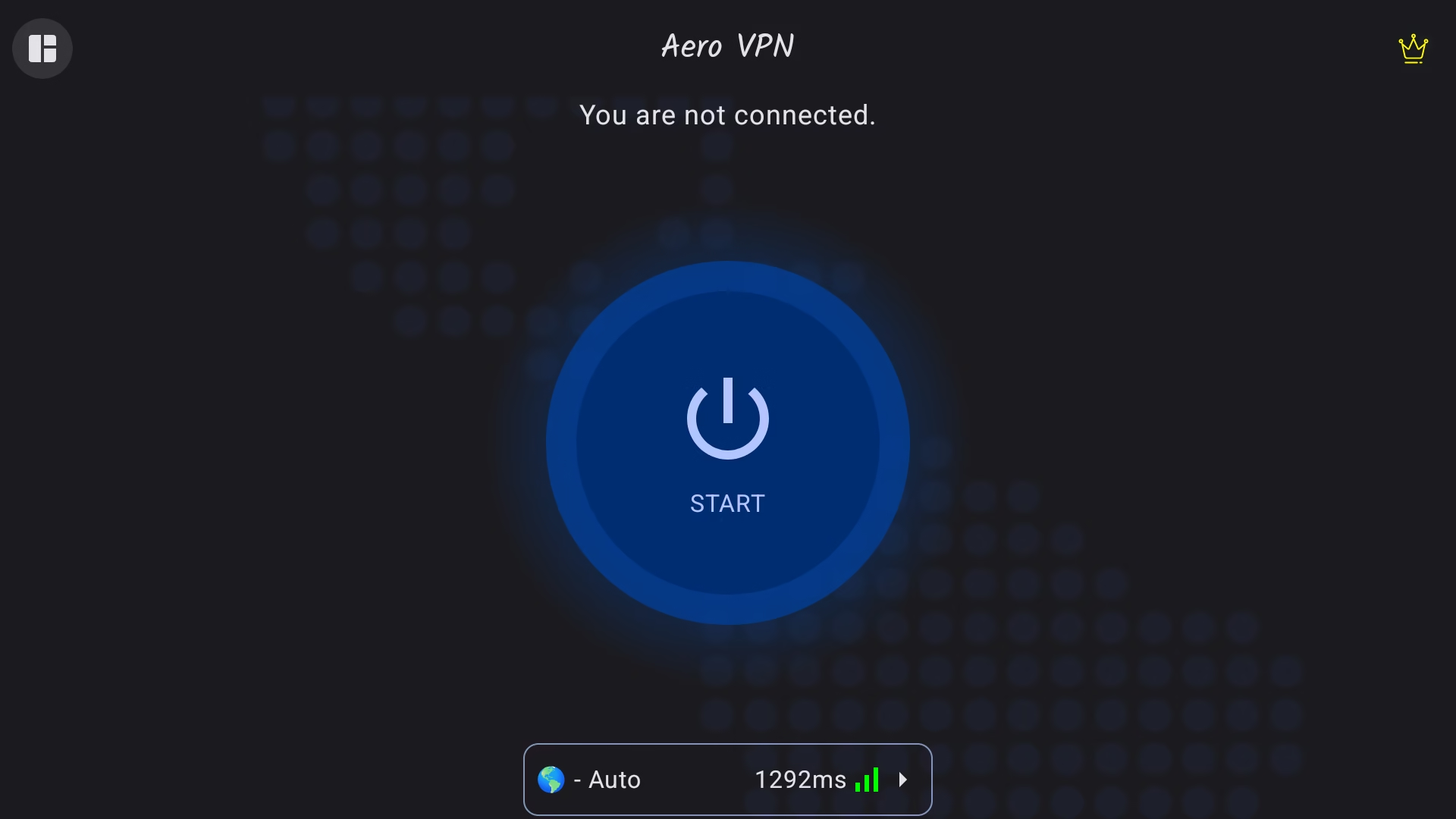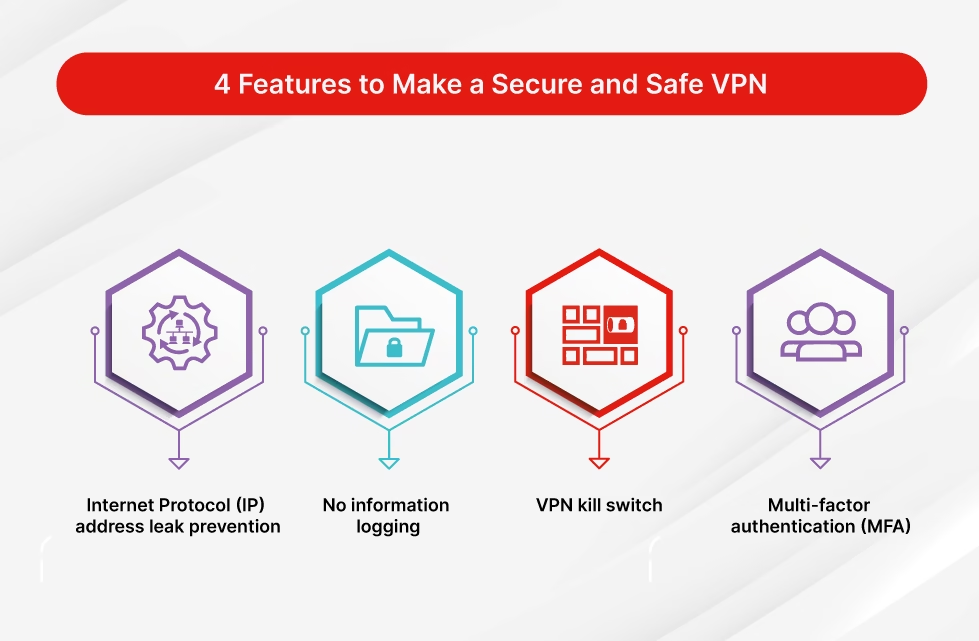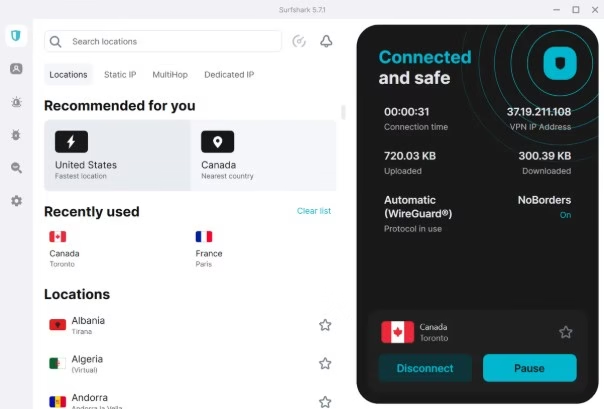Secure and Versatile VPNs for Everyday Use
Introduction
In today’s digital age, online privacy and security are more important than ever. Whether you’re browsing, streaming, or working remotely, a reliable VPN (Virtual Private Network) helps protect your data from hackers, trackers, and intrusive surveillance. However, not all VPNs are created equal. For everyday use, you need a VPN that balances strong security with versatility and ease of use across multiple devices. This is where options like Aero VPN, Allstate VPN, Arch VPN, and AirPlay VPN come into play.
Each offers unique strengths—whether lightweight performance, enterprise-level protection, or specialized support for tech-savvy users. This guide explores these VPNs in detail, highlighting how they meet general privacy needs, provide flexible security setups, and work smoothly across platforms. By understanding their features, you can choose the right VPN to safeguard your digital life every day.
Aero VPN – Lightweight and Efficient Security

Aero VPN is designed for users who want a simple, no-frills VPN that offers solid protection without slowing down their devices. Its lightweight client ensures fast connection speeds and easy installation, making it ideal for casual browsing and general online security. Aero VPN may not have all the advanced features of bigger providers, but its straightforward design is perfect for users looking for reliable encryption and privacy on a budget or older hardware.
Allstate VPN – Enterprise-Level Security for Individuals
Allstate VPN brings professional-grade security features to everyday users. Originally built with enterprise clients in mind, it offers strong encryption protocols, DNS leak protection, and a strict no-logs policy. This makes it a great choice for remote workers or anyone who prioritizes data privacy and secure browsing on public networks. Though it might be more complex than some consumer VPNs, Allstate VPN provides dependable protection against cyber threats.
Arch VPN – Tailored for Tech-Savvy Users
Arch VPN caters to advanced users, especially those comfortable with Linux systems and customizable software environments. It supports flexible configurations, making it ideal for tech enthusiasts who want to tweak their VPN settings for optimal security and performance. Arch VPN’s focus on open-source tools and compatibility with Arch Linux ensures users get a transparent and highly secure experience that fits their specific needs.
AirPlay VPN – Versatile Use Beyond Media Streaming
While AirPlay VPN is well known for optimizing streaming on Apple devices, it also serves as a reliable general-purpose VPN. It offers strong encryption and fast servers, making it suitable for everyday privacy and secure browsing. Whether you’re streaming content, working remotely, or simply protecting your data on public Wi-Fi, AirPlay VPN provides a good balance of usability and security, especially for users who want seamless integration with Apple’s ecosystem.
Cross-Platform Compatibility of These VPNs
A key feature of Aero, Allstate, Arch, and AirPlay VPNs is their support for multiple platforms. Aero VPN and AirPlay VPN work smoothly on popular operating systems like Windows, macOS, Android, and iOS. Arch VPN is especially compatible with Linux, catering to tech-savvy users. Allstate VPN supports a wide range of devices, including desktops and mobile phones, ensuring you stay protected no matter what device you’re using daily.
Security Features to Expect from These VPNs

All four VPNs offer strong security protocols such as AES-256 encryption, ensuring your data stays safe from interception. Features like kill switches, DNS leak protection, and no-logs policies are commonly included to prevent data leaks and protect user privacy. While some VPNs focus on simplicity, others provide customizable security options, allowing users to tailor their protection level according to their specific needs.
Pros & Cons: Which VPN Fits Your Needs Best?
Each VPN in this list brings something different to the table. Aero VPN is lightweight and beginner-friendly, but lacks advanced tools. Allstate VPN offers professional-grade protection, though it may be harder for non-tech users. Arch VPN gives tech enthusiasts complete control, but requires Linux knowledge. AirPlay VPN is excellent for Apple users and streamers but may not be ideal for non-iOS platforms. Understanding these pros and cons can help you find a VPN that matches your personal needs and technical comfort level.
Use Cases: From Casual Browsing to Remote Work
These VPNs cater to a range of everyday scenarios. Aero VPN is perfect for casual browsing and light streaming, offering simple and fast protection. Allstate VPN excels in secure remote work environments where sensitive data needs safeguarding. Arch VPN is ideal for tech-savvy users who want customizable security for development or advanced networking. AirPlay VPN shines for users who stream media frequently but also want reliable privacy for general internet use, especially on Apple devices.
Comparing Ease of Use and Setup
Ease of use varies across these VPNs. Aero VPN offers a straightforward interface suitable for beginners. AirPlay VPN integrates well with Apple’s ecosystem, providing simple setup for media users. Allstate VPN, being enterprise-grade, may require a bit more technical know-how, but its robust features justify the learning curve. Arch VPN demands familiarity with Linux and manual configuration, best suited for advanced users who want full control over their VPN settings.
Customer Support and Reliability

Reliable customer support enhances the VPN experience. Aero VPN provides basic support suitable for casual users. AirPlay VPN offers responsive help focused on streaming issues and Apple compatibility. Allstate VPN includes professional-level support, catering to users who require consistent uptime and security. Arch VPN users typically rely on community forums and documentation, reflecting its open-source nature. Choosing a VPN with support that matches your expertise ensures smoother troubleshooting when needed.
Conclusion
Aero, Allstate, Arch, and AirPlay VPNs each offer secure and versatile solutions tailored for everyday use. Aero VPN appeals to users wanting lightweight simplicity. Allstate VPN provides enterprise-level protection ideal for professionals. Arch VPN suits tech-savvy individuals seeking customizable security, while AirPlay VPN balances media streaming and general privacy. By assessing your needs—whether ease of use, device compatibility, or advanced features—you can select the right VPN to protect your online activities securely and flexibly every day.
You Can Also Read: Free Google SEO Course – Boost Your Website Ranking
FAQS
Should I use a VPN for everyday use?
Home VPNs Can Protect Your Privacy
An unused tool isn’t useful to anyone. Congress allowing internet service providers to sell anonymized data about their customers is a huge motivator for VPN use. It’s why we recommend keeping your VPN app switched on as often as possible, even at home.
Which VPN gives free data daily?
The best free VPN with unlimited bandwidth is Proton VPN. With excellent security, top-tier privacy, and apps for all devices, it easily takes the #1 spot. However, if you want an even better deal, consider using premium providers as free unlimited VPNs for up to 45 days (with a money-back guarantee).
Is it okay to use a VPN on 24/7?
Yes, if you’re looking for maximum security and privacy. However, if you’re using a limited data plan, bear in mind that keeping a VPN running will increase your mobile data usage.
Does VPN use more battery?
Although overall battery use was higher, the difference in the Android device’s battery consumption with VPN vs. without VPN was comparable to the iPhone.15-May-2024
Is AirPlay full quality?
When you stream audio via AirPlay, the sending device converts it to Apple Lossless format at 48 kHz. This doesn’t improve or degrade the audio quality, but since source files could be in different formats and in different bit rates, this ensures that the audio is consistent.
